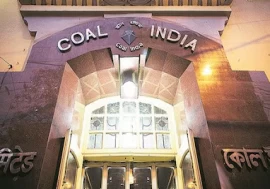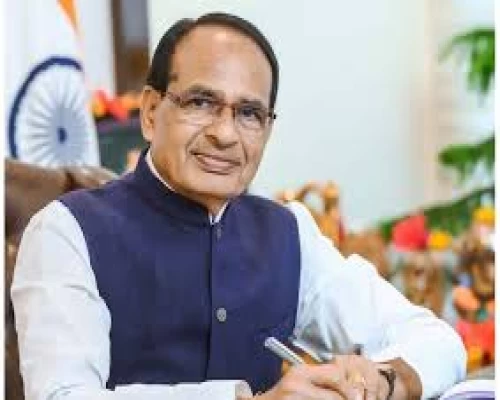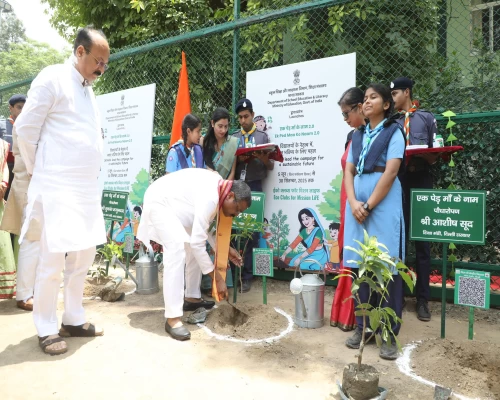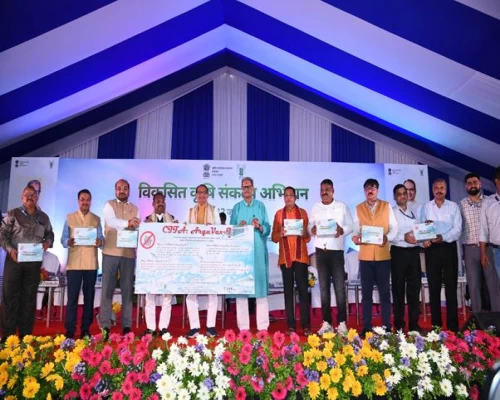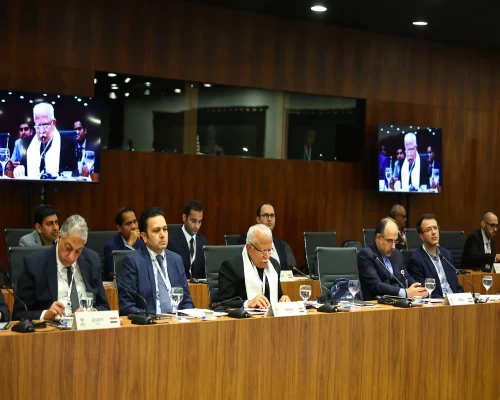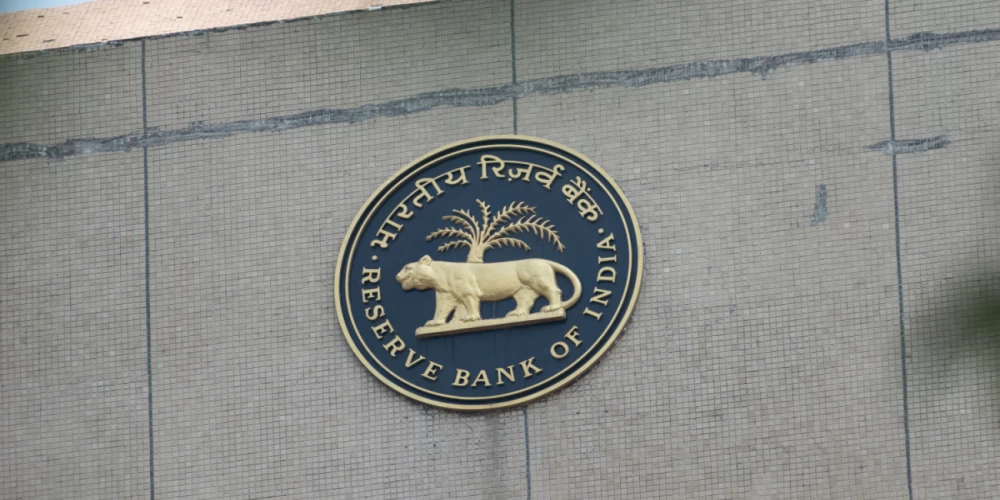
New Delhi: In a critical decision aimed at providing relief to small and marginal farmers, the Reserve Bank of India (RBI) has raised the limit for collateral-free agricultural loans from ₹1.6 lakh to ₹2 lakh per borrower. Announced by RBI Governor Shaktikanta Das, this move seeks to address the growing financial pressures on farmers, exacerbated by rising agricultural input costs and inflation. By enhancing access to credit, the RBI is helping farmers meet the growing demands of crop production and related agricultural activities without the need for pledging assets as security.
The increased loan limit comes as part of the government’s ongoing efforts to improve the financial standing of the agricultural sector. For many farmers, particularly those from smaller holdings, accessing affordable credit has often been a challenge. This hike in loan limits aims to address these obstacles, offering farmers the flexibility to obtain loans that can help them invest in quality resources, such as seeds, fertilizers, and machinery, thereby increasing their productivity and income.
PM Modi's Focus on Agriculture and Rural Development
This initiative reflects the government's steadfast commitment to farmers’ welfare, which has been a key area of focus for Prime Minister Narendra Modi’s administration. The government has continuously introduced policies to support agricultural growth, including schemes like the Pradhan Mantri Kisan Credit Card (KCC), aimed at providing easy access to credit for farmers. By increasing the collateral-free loan limit, the government ensures that small farmers are not left behind in the race for economic progress.
Governor Das, speaking after the RBI’s Monetary Policy Committee (MPC) meeting, highlighted the importance of this move, stating that the rise in agricultural input costs and inflation had necessitated such an intervention to improve credit availability for farmers. The revised loan limit will empower farmers with more financial resources, enabling them to cope with inflationary pressures and continue investing in sustainable agricultural practices.
Improving Financial Inclusion
The decision to raise the collateral-free loan limit is expected to enhance financial inclusion for India’s small-scale farmers, who have historically struggled to secure credit due to a lack of valuable assets. The RBI’s move makes it easier for these farmers to access the funds they need to modernize their farming techniques, purchase quality inputs, and expand their operations.
This step is an important continuation of the government’s financial inclusion initiatives. In 2019, the central bank had already increased the limit for collateral-free loans from ₹1 lakh to ₹1.6 lakh. In addition, the government has waived processing fees, documentation charges, and other service charges for crop loans up to ₹3 lakh, easing the financial burden on farmers.
A Step Towards Sustainable Agricultural Growth
Beyond providing immediate financial relief, the increased loan limit aims to encourage long-term agricultural sustainability. By enabling farmers to access funds more easily, the RBI’s decision is expected to help them implement modern, sustainable farming practices. With access to better financing, farmers can invest in advanced technology, improve crop yields, and ensure food security for the nation.
With agriculture being a cornerstone of India’s economy, particularly in rural areas, this decision is vital for ensuring the resilience of the sector. It will also help strengthen the nation’s agricultural supply chains, making them more efficient and productive.
BI Bureau


